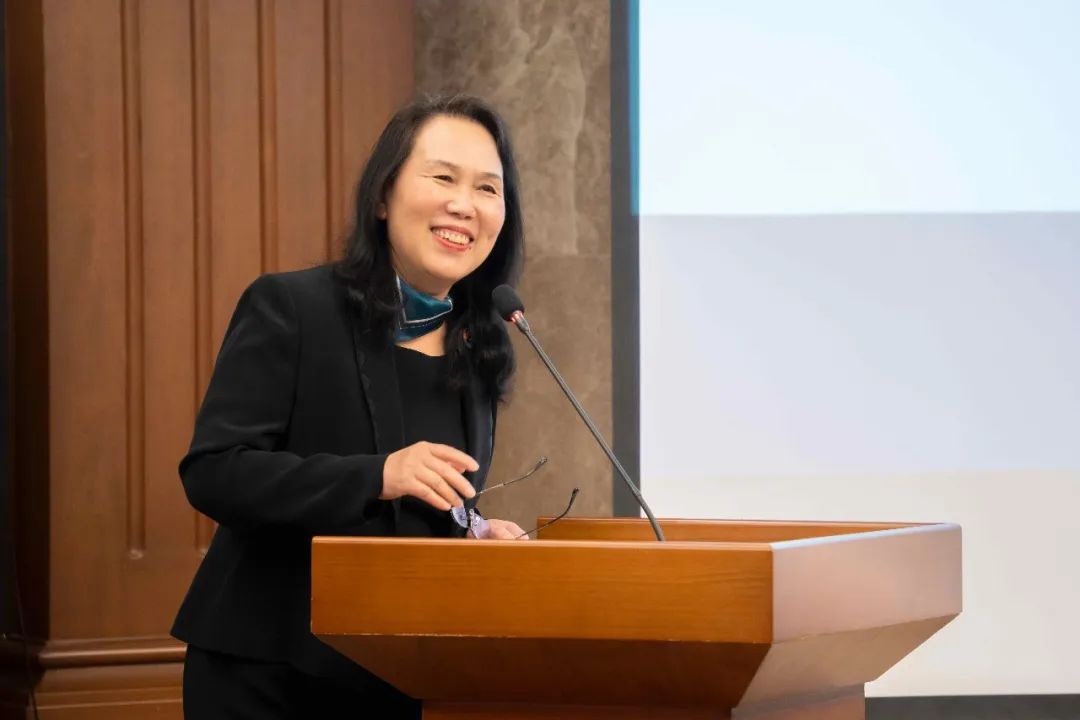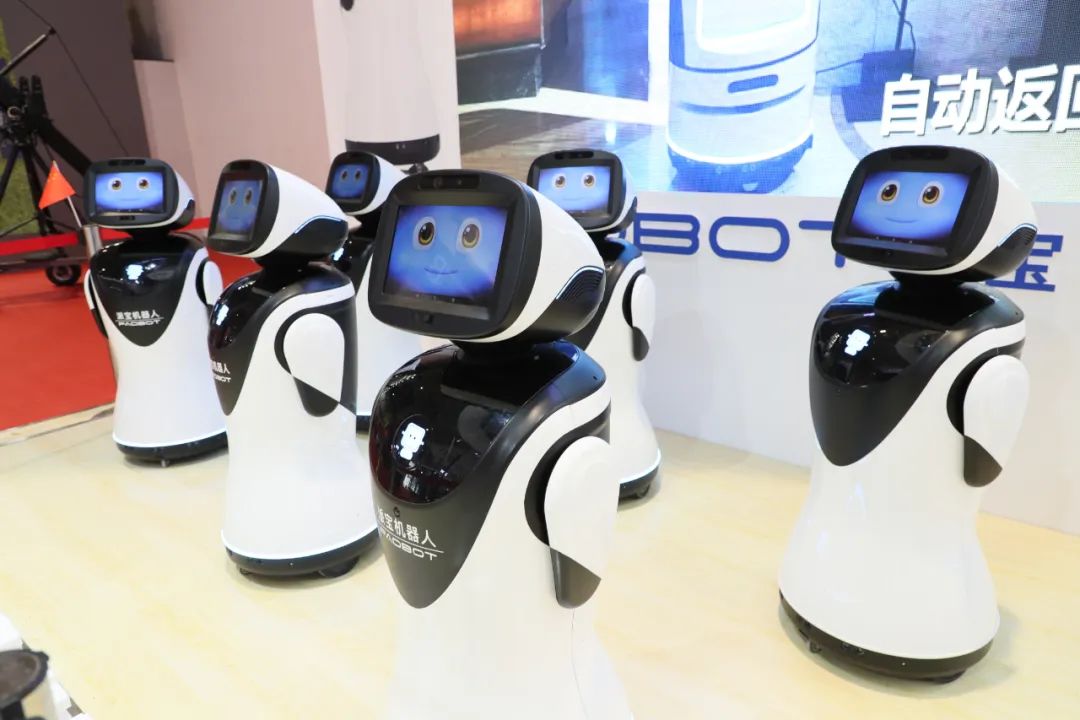The World's First Ethical AI "One Learning" Is Released To Protect The Bottom Line Of Scientific Research Ethics!
The World's First Ethical AI "One Learning" Is Released To Protect The Bottom Line Of Scientific Research Ethics!
A mirror of intelligence illuminates the ethical blind spots of scientific research and innovation. Yesterday, the 2025 World Artificial Intelligence Conference ushered in a milestone - Fudan University and several top institutions officially released the world's first AI intelligent system specially designed for scientific and technological ethics review.
A mirror of intelligence illuminates the ethical blind spots of scientific research and innovation.
Yesterday, the 2025 World Artificial Intelligence Conference ushered in a milestone - Fudan University and several top institutions officially released the world's first AI intelligent system specially designed for scientific and technological ethics review. At the WAIC 2025 Xinghe Qizhi·Science Intelligence Open Cooperation Forum, Academician Jin Li, President of Fudan University, Academician Xue Qikun, President of Southern University of Science and Technology, and Academician Ge Junbo, Director of the Department of Cardiology of Zhongshan Hospital Affiliated to Fudan University, jointly unveiled the mystery of this innovative system.
"Yijian" means to use the "mirror" of technology to see potential risks, and its English name "" also symbolizes that the system examines ethical issues in scientific and technological innovation like a mirror. This system is led by Fudan University’s Institute of Science and Technology Ethics and Human Future and the Trusted Embodied Intelligence Research Institute, and is jointly developed by the School of Philosophy, School of Life Sciences, and affiliated Zhongshan Hospital.
01 New Era of Ethical Review
Entering the "AI for" era, while scientific research and innovation accelerates breakthroughs, ethical governance faces unprecedented challenges. As the country pays more and more attention to the governance of science and technology ethics, review tasks have surged, and efficiency and quality need to be improved urgently.
The "Yijian" system came into being, and its core is a special large model based on fine-tuning of high-quality ethical review data, and deeply mastering various ethical norms and professional knowledge.
This agent integrates four core modules: the rule updater automatically captures the latest policies and regulations; the rule graph builder creates a layered and field-based ethical rules knowledge graph; the rule matcher accurately connects project data; and the rule reviewer finally completes the risk assessment.
With the support of search-enhanced generation technology, the system can intelligently divide the document content, analyze compliance, mark ethical risk levels, and provide detailed explanations and original text positioning, and finally generate a professional ethical review report.
02 Cracking the dilemma of ethical review
Traditional ethical review faces three major pain points: inconsistent review standards, limited expert resources, and lagging rules updates. The "Yijian" system solves these problems one by one through technological innovation.
The system can automatically update the knowledge base regularly to ensure that the review rules keep pace with the times. At the same time, by building a complete knowledge graph of ethical rules, the standardization and unification of review standards are achieved.
In the pilot application of Fudan University and its affiliated Zhongshan Hospital, "Yijian" has received high praise from ethical experts. "It is not a replacement for experts, but a trusted smart assistant that allows experts to focus on more complex ethical judgments," said an expert who participated in the pilot.
The system supports local deployment to ensure the security of sensitive data. It also provides functions such as authoritative ethical review key points analysis and rule configuration, and intelligently generates structured review reports.
03 Technology empowers scientific research and governance
The "Yijian" system represents an innovative exploration of artificial intelligence feeding back ethical governance. As scientific intelligence enters the 2.0 era, AI is upgrading from one-way auxiliary tools to a full-process "scientific research partner" for scientists.
In terms of technical implementation, "Yijian" has made three innovative breakthroughs: professional corpus fine-tuning ensures professionalism in the field; dynamic rule updates maintain review timeliness; and risk grading and labeling improves the operability of results.
Unlike Meta's recent expansion of AI in risk audits, "Yijian" adopts a collaboration model of "AI assisted, expert decision-making" to retain the final right of artificial experts to adjudicate novel or complex cases.
The system pays special attention to ethical challenges in high-risk areas, such as life sciences, clinical medicine, biopharmaceuticals, etc., to build a solid ethical bottom line for innovation in these areas.
04 Shaping the future of technology for good
The project team said that it will continue to improve the cross-domain generalization capabilities and dynamic response level of "Yijian" and promote the in-depth application of intelligent ethics review in more high-risk areas.
Qiu Xin, Secretary of the Party Committee of Fudan University, emphasized at the forum: "The in-depth development of scientific intelligence will promote open cooperation between the international community." This concept echoes the "Open Science Global Academic Cooperation Initiative" released on the same day, which was jointly issued by top international scientists such as the Chinese Academy of Sciences, Turing Prize winners, and Nobel Prize winners.
The initiative proposes four core goals: building open source scientific infrastructure and unified technical standards; launching a large-scale transnational and interdisciplinary scientific plan; cultivating international scientific talents; and establishing a fair value sharing mechanism.
The birth of "Yijian" coincides with the time when the EU's Artificial Intelligence Act is about to be fully implemented. As the world's first comprehensive regulation on artificial intelligence, the bill will officially come into effect in 2026. This breakthrough in China in the field of ethical AI provides an oriental solution for global scientific and technological ethical governance.
In Zhongshan Hospital Affiliated to Fudan University, the "Yijian" system is handling the ethical review of the cardiovascular research project. After scanning the application materials, it automatically labels three high-risk points: the patient's informed consent process is incomplete, the genetic data storage plan does not comply with the latest specifications, and the special risks of elderly subjects are not fully evaluated.
The system generated a detailed 12-page review report, including risk level assessment, terms and suggestions for modification. After reviewing the Ethics Committee, Professor Wang sighed: "In the past, manual review took two weeks, but now we can complete the initial screening in two hours. We can focus our energy on substantive ethical discussions."
At this moment, scientists around the world are watching the demonstration interface of "Yijian" on stage. When the EU representative learned that the system had been deployed locally and comply with the requirements of the EU AI Act, applause came from the scene - the ethical governance of artificial intelligence finally ushered in a new era of coordinated protection between humans and technology.





